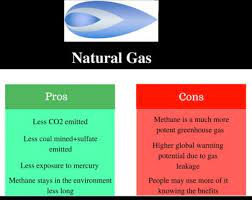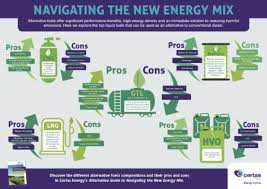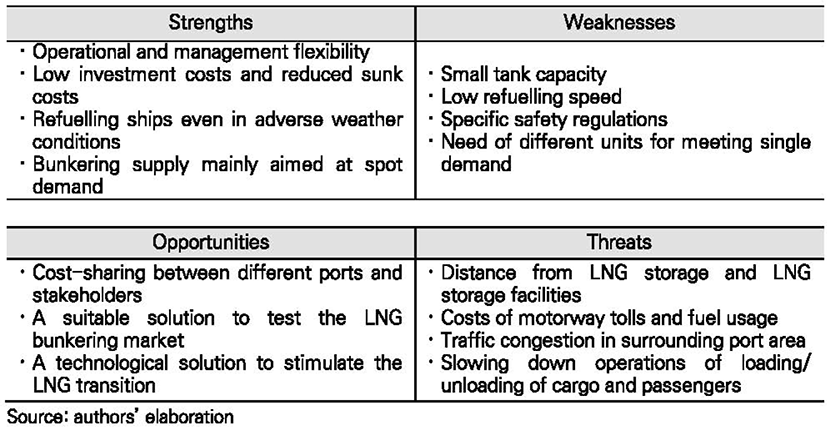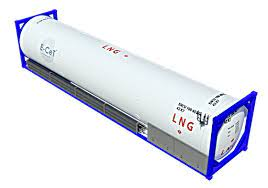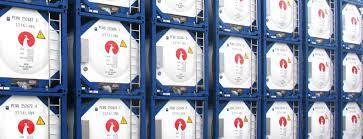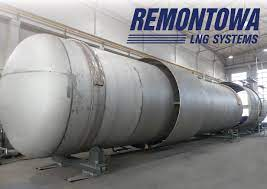Pros and Cons of LNG (Liquified Natural Gas)
Liquefied Natural Gas (LNG) offers several advantages as well as challenges. Understanding the pros and cons of LNG helps in evaluating its suitability and implications in various contexts. Here are the key pros and cons of LNG:
Pros:
Reduced Emissions: LNG has lower emissions compared to other fossil fuels. It produces fewer pollutants, including sulfur dioxide (SO2), nitrogen oxides (NOx), and particulate matter. LNG also emits significantly lower levels of carbon dioxide (CO2), contributing to climate change mitigation and improved air quality.
Energy Security: LNG diversifies energy sources, reducing dependence on imported oil and enhancing energy security. It provides access to a global natural gas market, mitigating supply disruptions and price fluctuations associated with traditional fossil fuels.
Versatility and Flexibility: LNG can be used in various applications, including power generation, industrial processes, and transportation. It offers flexibility in meeting energy demands, and LNG-fired power plants provide higher efficiency, operational flexibility, and quicker start-up times.
Cost-Effectiveness: LNG prices are relatively stable compared to oil prices. In regions with abundant natural gas resources, LNG can be a cost-effective energy option, contributing to economic competitiveness and affordability.
Cons:
Infrastructure Requirements: The development of LNG infrastructure involves substantial investment. Building LNG import terminals, storage facilities, regasification plants, and associated pipeline networks requires significant capital expenditure and planning.
Methane Leakage: While natural gas is a cleaner-burning fuel, methane, the primary component of natural gas, is a potent greenhouse gas. Methane leakage during LNG production, transportation, and distribution can undermine the environmental benefits of LNG if not adequately controlled.
Safety Concerns: Handling and storing LNG require adherence to strict safety protocols due to its cryogenic properties. While LNG is non-toxic and dissipates quickly in the event of a spill, appropriate safety measures are necessary to prevent accidents.
Market Volatility: Although LNG prices are generally more stable than oil prices, they can still be subject to market fluctuations. Changes in global supply and demand dynamics, geopolitical factors, and infrastructure limitations can impact LNG prices and availability.
LNG presents numerous advantages such as reduced emissions, enhanced energy security, versatility, and cost-effectiveness. However, challenges related to infrastructure requirements, methane leakage, safety concerns, and market volatility must be addressed. Careful consideration of the pros and cons of LNG helps policymakers, industry stakeholders, and consumers make informed decisions regarding the adoption and utilization of LNG as an energy source.

